Ever get lost in the tangles of audio tech specs? Feeling overwhelmed by the sheer volume of studio monitors out there? Well, let me help. In this article, we plunge headfirst into dissecting one particular model that has caught my eye—the phenomenal Genelec 8020D. A close-up look at its design, key specifications, amplification quality, and connectivity features – all are on the menu today.
The Genelec 8020D screams quality from every angle. Housed in robust die-cast aluminum, this precision instrument packs a punch with its class D amplifiers and masterful sound output. All these qualities come together in a compact form factor that belies the immense power concealed within – it is truly, a testament to top-notch Scandinavian engineering.
| Feature | Specification |
|---|---|
| SPL | 100 dB |
| Amplifier Power | 50 W Bass (Class D) + 50 W Treble (Class D) |
| Frequency Response | 56 Hz – 25 kHz (-6 dB) |
| Accuracy of Frequency Response | ± 2.5 dB (62 Hz – 20 kHz) |
| Driver Dimensions | ⌀ 105 mm Bass + ⌀ 19 mm Treble |
| Dimensions (with Iso-Pod™) | H 242 x W 148 x D 142 mm |
| Weight | 3.2 kg / 7.1 lb |
| Connections | 1 x XLR Analog Input |
Genelec 8020D: A Quick Overview
The Genelec 8020D is a compact yet powerful studio monitor designed for clarity and precision in small to medium-sized listening environments. With its advanced features, including a frequency response ranging from 62 Hz to 20 kHz and dual 50 W Class D amplifiers for both bass and treble, it ensures an accurate sound reproduction suitable for professional audio applications.
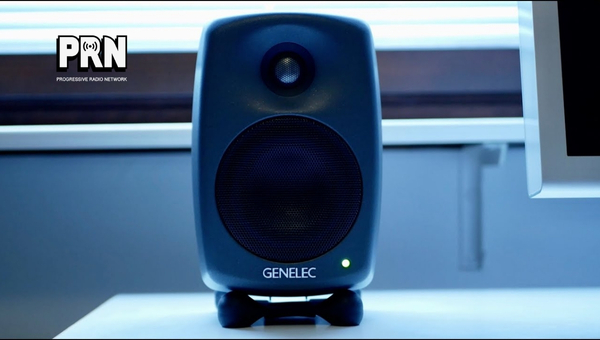
Weighing just 3.2 kg and housed in a robust die-cast aluminum enclosure, this monitor integrates seamlessly into any setup while maintaining durability. Its balanced XLR input, reflex port enclosure type, and low self-generated noise levels make the Genelec 8020D an ideal choice for those who demand high-quality sound without compromising on space or efficiency.
Design and Build Quality
In journey as a sound enthusiast, I’ve come across many studio monitors. But the Genelec 8020D truly stands apart with its exceptional design and build quality.
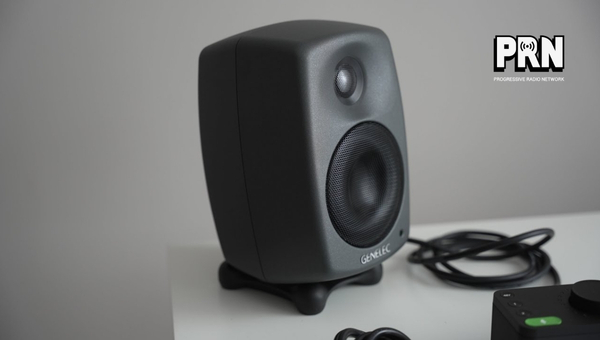
The 8020D is compact and sleek, which really makes it stand out in any setting. It has a solid body that is molded out of die-cast aluminum. Trust me when I say that this isn’t just for looks, it’s brilliantly durable too! My own Genelec 8020D has survived a couple of accidental mishaps and emerged unscathed every single time.
The design isn’t just about physical appearance or durability though; it also significantly influences the performance of the studio monitor. What impressed me most was how admirably this neat little monitor compensates for its small size with smart engineering – namely through a reflex port design which enhances its acoustic output.
Also Read: Comprehensive M-Audio AIR 192×6 Review: Is It Worth It?
Precision and Quality
The Genelec 8020D isn’t just another pair of studio monitors; it is much more than that. It boasts a high-level design that guarantees dominant audio quality.
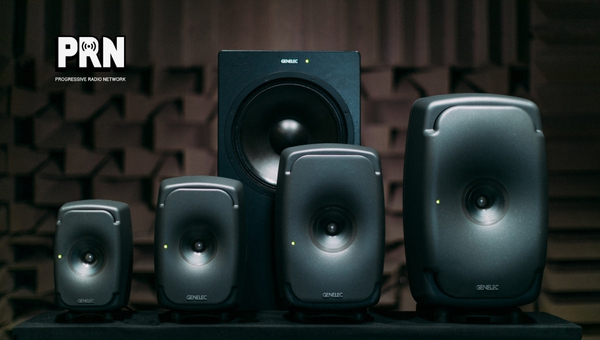
Each feature contributes to its overall excellence in delivering exceptional output. There are some key points that we need to focus on:
- First up is the Bass Amplifier and Treble Amplifier, which both have a powerful 50 W Class D specification laid under their belt. This signifies sharp sounds with zero distortion.
- Second, it consists of a Cone for base driver having a diameter of 105mm, making sure there is no compromise on bass.
- Lastly, die-cast aluminium enclosure gives an added edge assuring excellent sound projection in every corner you place them around.
From near-field monitoring to mobile vans or radio TV broadcast stations, this small yet powerful gadget doesn’t leave any stone unturned when it comes down to quality and precision in sound delivery.
Frequency Response
It’s essential for any audio device worth its salt like the Genelec 8020D, to excel when dealing with Frequency Response and Sound Pressure Level(SPL). For those who don’t know:
- The frequency response (which ranges from 62Hz -20KHz ±2.5dB) is a measure showing precisely how different frequencies are reproduced by the speakers. It’s that part that impacts the balance of bass, middle, and treble frequencies.
- The SPL (of Peak ≥107 dB, Short term max ≥100dB, and Long term max ≥93dB) reflects how loud your speakers can get without distorting the sound quality.
Also Read: Tascam TH-02 Review: Is This Budget Headphone Worth It?
Connectivity
The Genelec 8020D studio monitor is renowned for its quality as well as connectivity. It sports a single XLR female connector, which ensures compatibility with professional audio equipment. The balanced 10 kOhm input assures smooth transmission and reduced noise, providing the reliable connection needed by professionals in any setting.
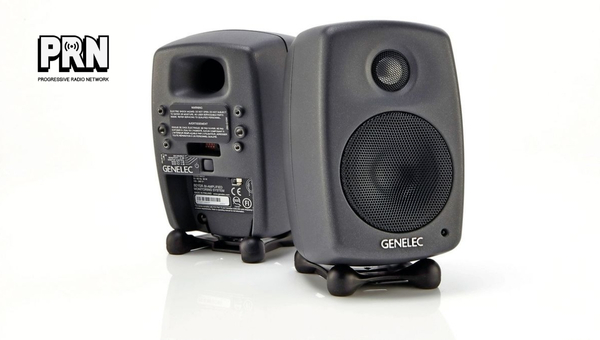
This easy connection system doesn’t only bring crystal clear sound, but it also elevates setup convenience. With this feature of the Genelec 8020D, connecting to your preferred devices such as audio interfaces or mixers becomes a breeze. Hence, the Genelec 8020D studio monitor champions many features, yet its connectivity is especially commendable for its simplicity and effectiveness.
Noise Generation In The Studio
When looking at the specifications of Genelec 8020D, the self-generated noise level is noted to be negligible. It reveals an impressive ≤5 dB SPL (Sound Pressure Level). This means studio work will not get disturbed by unnecessary sound creeping out of your speakers.
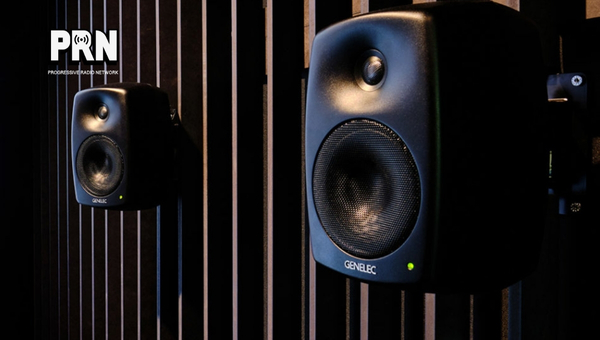
The factor that aids in reducing noise pollution is its top-notch design too. The enclosure material for this studio speaker is die-cast aluminium which works as a perfect barrier against any unwanted sound vibrations blooming within the device. This means when you’re working on your mix or production project in the studio; you won’t be bothered by noises coming from the unit itself.
The almost non-existent self-noise makes Genelec 8020D stand out among other models and brands in its range. It offers crisp clear audio without bothering with extra noises floating through your professional work environment!
Also Read: Walrus Audio Eons Guide
Pros and Cons
| Pros | Cons |
|---|---|
| A compact design that fits smoothly in any studio or space | The frequency response might be limited for some users with specific requirements |
| High-quality build using top-notch materials | Pricing could be seen as a little steep for beginners or small home studios |
| Implements advanced technology for precision and quality sound production | Some might find connectivity options somewhat limiting based on their equipment or recording setup |
| Limited self-generated noise, making it ideal for professionals aiming for precision | Might require additional gear (like subwoofers) to enhance low-frequency performance, adding to the initial investment |
| Excellent SPL handling capacity which allows high volume without distortion | It would require a trained ear to get the most out of these monitors due to their revealing nature |
Conclusion
To conclude, the Genelec 8020D studio monitor is an exceptional product designed for professional use. It’s a reliable tool worth considering if you are after precision, quality sound and a powerful performance in a compact design.
Built with top-grade components and adhering to Genelec’s rigorous manufacturing standards, the 8020D allows users to achieve accurate audio monitoring in diverse listening environments.
The detailed specifications of this studio monitor would impress any music or sound enthusiast, while its amplification capabilities underline its performance prowess. Despite minor nitpicks, the Genelec 8020D is an outstanding investment into your professional toolkit.
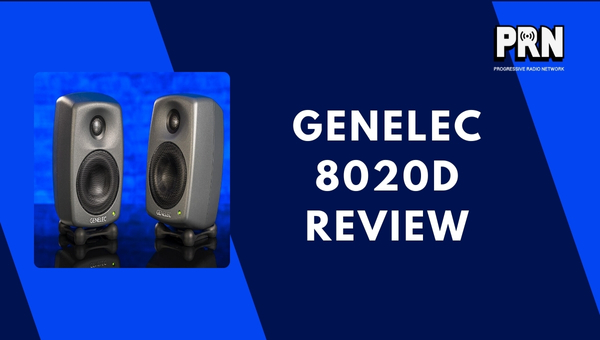

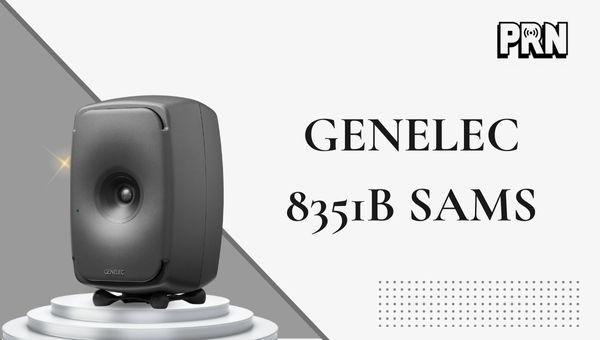
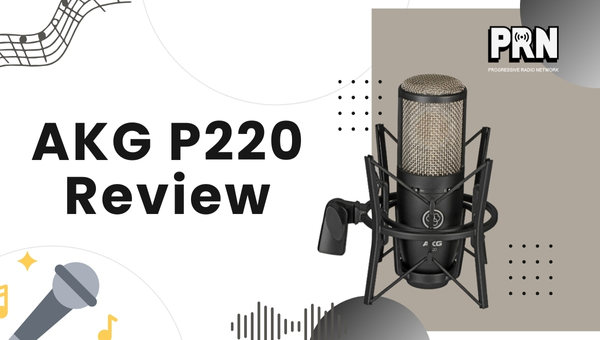
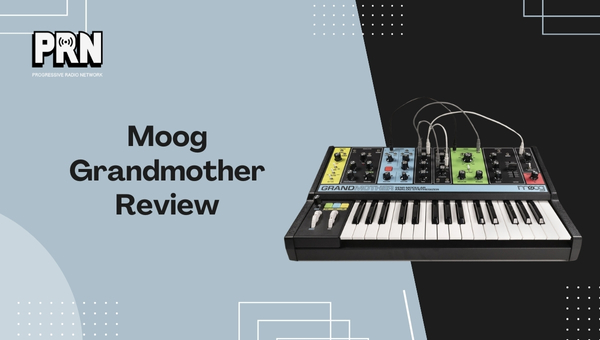
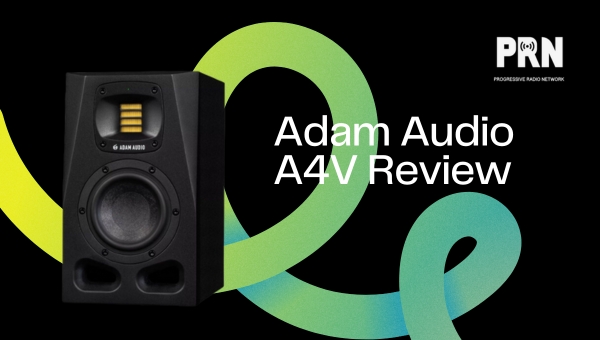
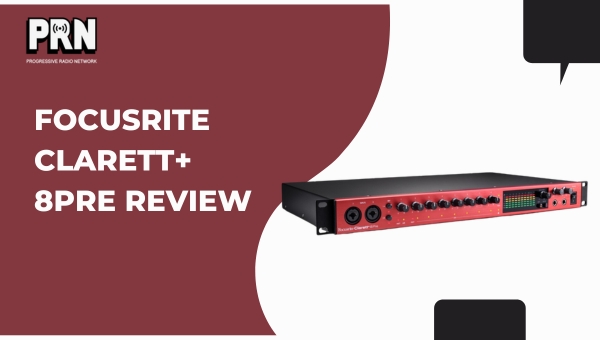
Leave a Comment